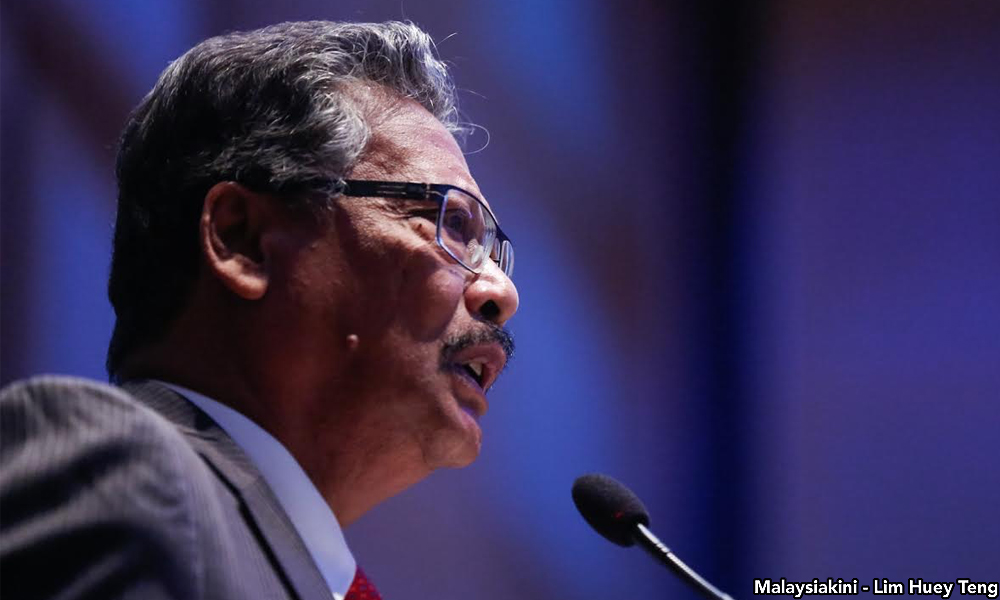
Attorney-General Mohamed Apandi Ali said today that proposed amendments to a mandatory death sentence provision in the Dangerous Drugs Act 1952 had been drafted based on his personal experiences as a former judge.
"These amendments actually came from me and I had briefed the cabinet earlier. It is from my experiences as a High Court judge and a Court of Appeal judge.
"Judges have (also) been telling me that they are finding it difficult to pass the death sentence when they feel the accused don't really deserve it," Apandi told a press conference at the Attorney-General's Chambers (AGC) in Putrajaya.
Given the current constraints under the Act, Apandi said a proposal was made to amend the law and allow judges discretion on whether to impose the death penalty on convicted drug offenders.
"In the course of it, we will also want to identify who deserves the hanging and who does not deserve the hanging," he said, citing a distinction between innocent drug mules and drug traffickers.
When asked about the progress of the amendments, Apandi said he expected the draft Bill to be tabled in Parliament "very soon".
In a parliamentary written reply, Law Minister Azalina Othman Said confirmed that the AGC had completed the first draft of the Dangerous Drugs Act 1952 (Amendment) Bill and that the cabinet had been informed of the matter in July.
She also said that the AGC has been working with ministries and government agencies in drafting the amendments related to Section 39B of the Act.
Section 39B prescribes the mandatory death penalty for those convicted of drug trafficking.
The drafting process reportedly included soliciting feedback from the Home Ministry, Health Ministry, Chemistry Department, the police and the Customs Department.
Azalina was replying to Puchong MP Gobind Singh Deo, who sought an update on the matter and on whether a moratorium on the death penalty would be imposed.- Mkini


No comments:
Post a Comment
Note: Only a member of this blog may post a comment.